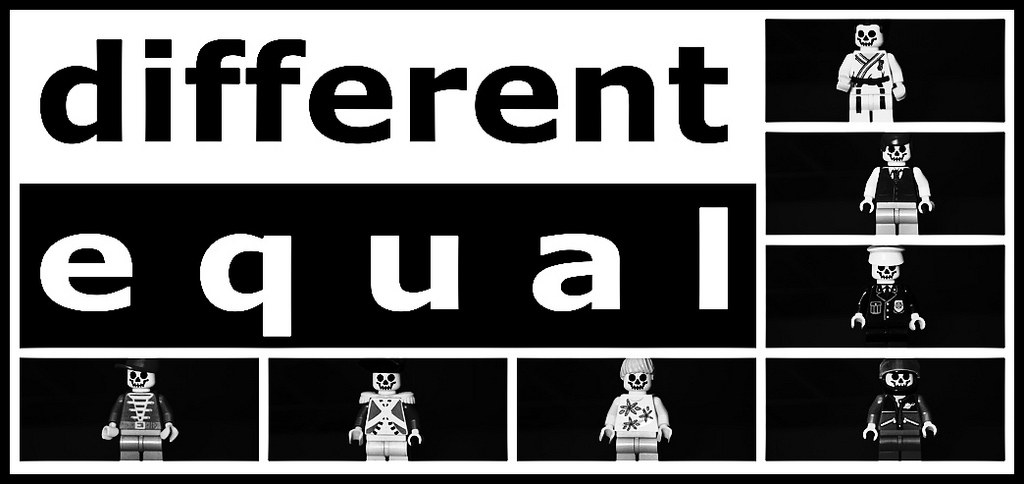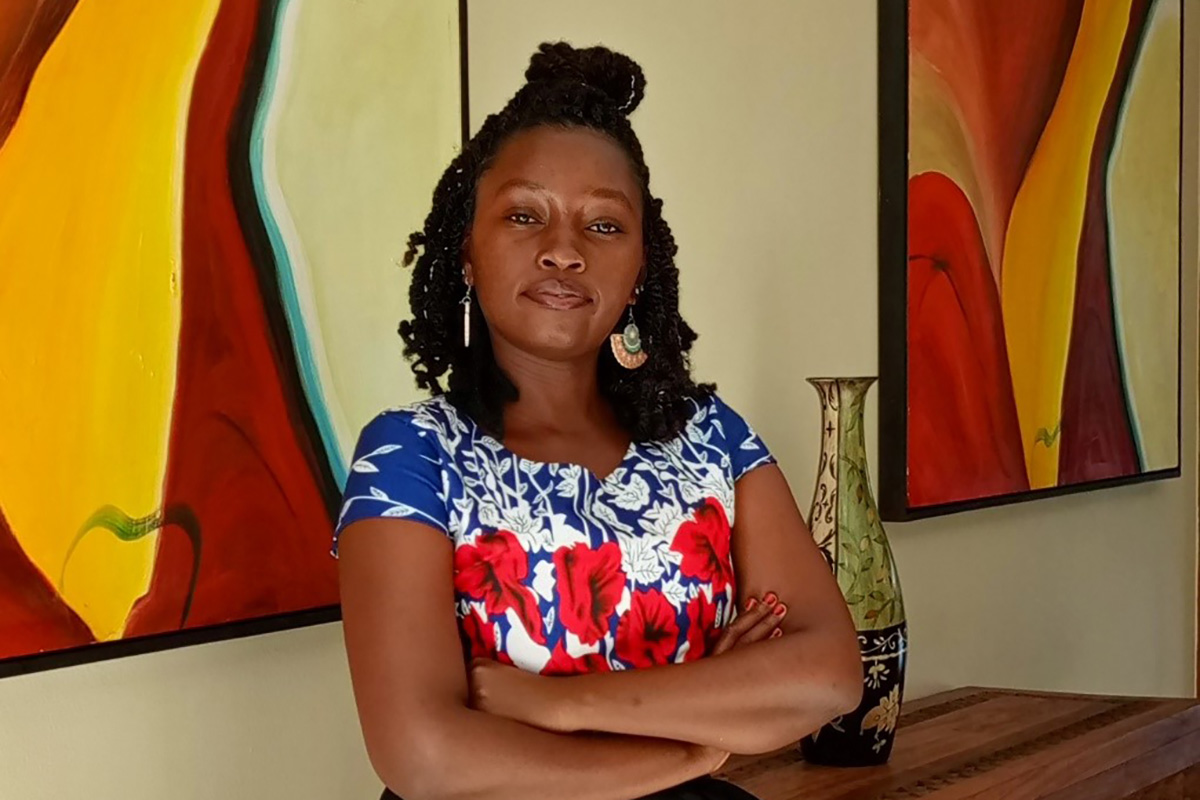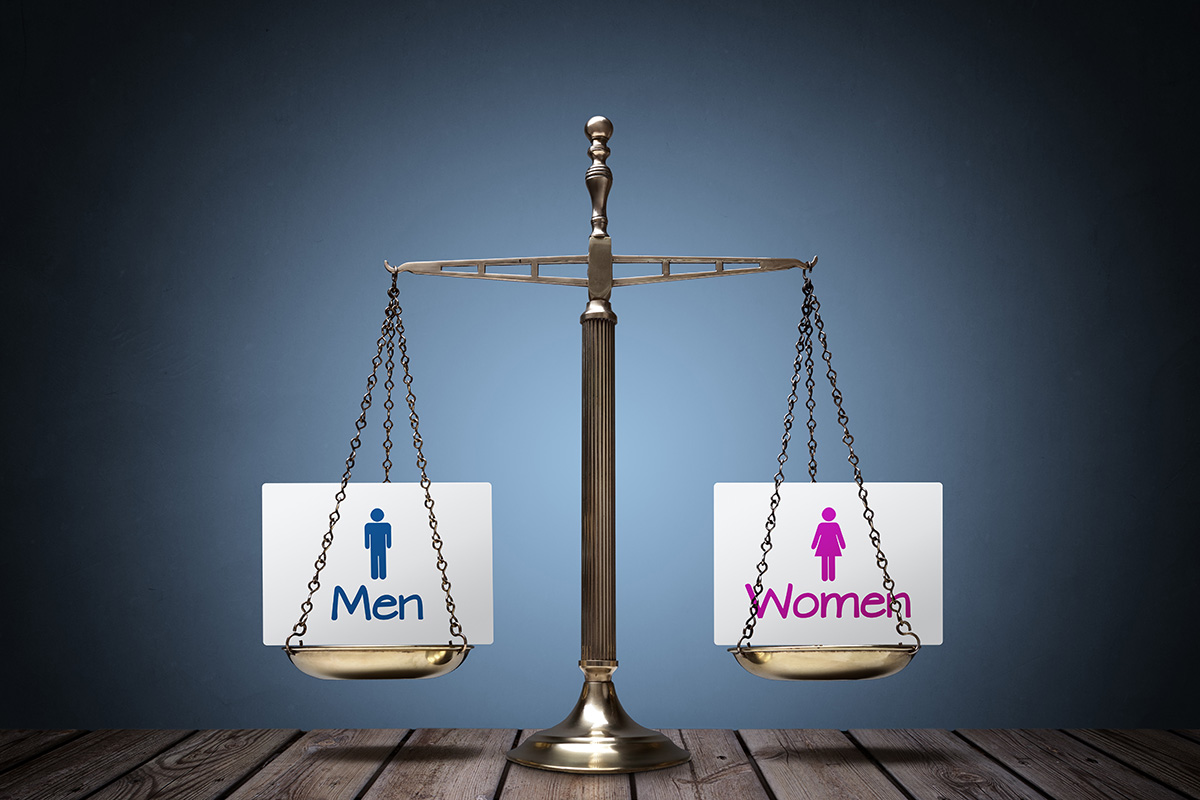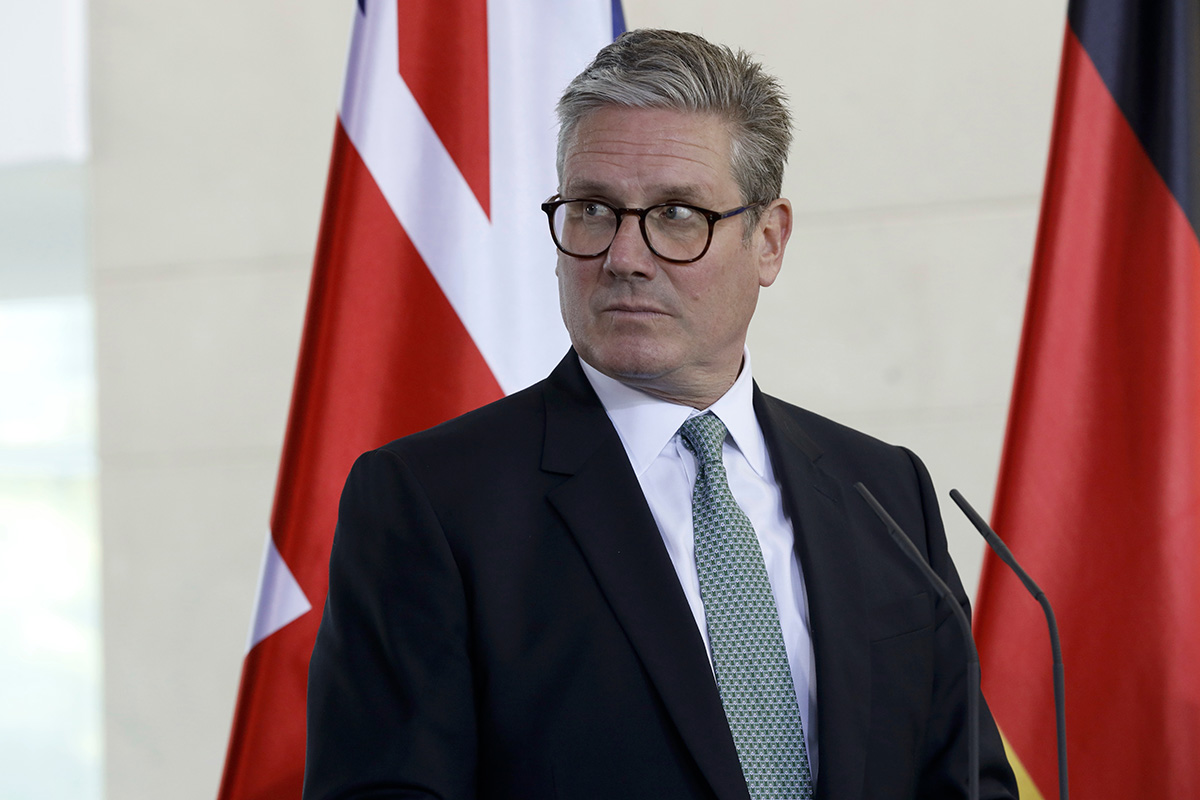“What can tolerance do for a nation?”
March 6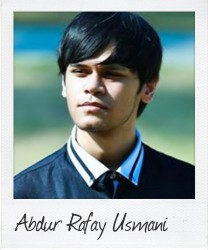 Tolerance is not simply an attitude, writes Abdur Rafay Usmani, 21, a Correspondent from Karachi in Pakistan, but is an essential element for peace, unity and economic well-being of a nation or society.
Tolerance is not simply an attitude, writes Abdur Rafay Usmani, 21, a Correspondent from Karachi in Pakistan, but is an essential element for peace, unity and economic well-being of a nation or society.
The meaning of tolerance is acceptance and understanding.
Globalisation has made it easier for different communities to connect, meet and interact with each other. Today the world enjoys greater levels of tolerance and diversity, thanks to the selfless efforts of our fore-fathers and the advent of the Internet.
However, instances of intolerance and prejudice still occur and in some parts, have gotten out of control. Exhibiting tolerance can go a long way for a nation and bring benefits to it in more ways than one.
Where everyone is treated equally and given equal opportunity, everyone is able to effectively utilize their talents and resources to improve their living standard. This results in a bigger middle class and reduction in poverty. The greater spending power contributes to greater growth in the economy and a bigger consumer base. In countries where certain groups are discriminated against, not only are they less able to contribute to the economy, but also this leads to the build up of ghettos and vulnerable communities. Nations that practice discrimination are at a disadvantage, as they risk losing enterprising individuals from victimised groups who tend to move elsewhere.
Intolerance breeds hatred, hatred leads to distrust, distrust causes disunity. Tolerance allows people of different backgrounds, religions and races to work and live together, and this breeds unity. In a tolerant country, every citizen remains loyal to his country and is willing to make sacrifices for the sake of the country. In countries where some communities are disenfranchised and prosecuted, the affection towards the country becomes replaced with enmity that can result in weakening the state. The people of a nation are the foundation on which it is supported, and if there are fractures and faults in the foundation, the nation becomes more vulnerable to collapse. “A house divided cannot stand”.
Where there is discrimination, there cannot be peace. Intolerance leads to infighting, violence and instability as different groups resort to force and aggression against each other or the state. Events in recent history across many countries have made us witness just how damaging intolerance can be to peace – people destroying each others’ places of worship, partaking in ethnic cleansing or entire nations becoming engulfed in civil wars. Peace can only come when people become free from hatred and are willing to understand each others’ differences.
If people are unable to tolerate each other, they become angry and frustrated. In a society filled with hate, a person begins to feel suffocated and depressed. Discrimination makes miserable lives for not just those discriminated against, but everyone in the society. Being able to accept one another’s differences can have positive effect on one’s well being. Being tolerant removes one’s self-imposed barriers and allows one to think more broadly and enjoy greater inner peace. Tolerance leads to less stress and greater happiness in the overall community.
Unfairness and prejudice existed in humanity even before the dawn of civilization and has led to wars, injustice and cruelty. Nothing good has ever come out of intolerance, yet even in these enlightened times it is still present. If, in a nation, instead of acceptance there is discrimination, that nation cannot flourish. No true progress can ever be achieved until, in a society, mutual respect and empathy replace antagonism and bigotry. With 53 nations, hundreds of religions, and thousand of languages, tolerance is not a moral choice but a moral necessity for the Commonwealth of Nations if we are to advance successfully into the 21st century.
photo credit: all different, all equal via photopin (license)
…………………………………………………………………………………………………………………
About Me: I am the youngest professional in my company, Gaditek, and a full time blogger. I also volunteer as a regional administrator of the Masterpeace, a grassroots organisation established in over 45 countries.
Among my interests I include debating, writing, volunteering and napping. My ambition is to join the UN and eventually one day serve as its Secretary General. I am currently studying International Relations and Political Science from University of London.
………………………………………………………………………………………………………………………………………
Opinions expressed in this article are those of the author and do not necessarily represent the views of the Commonwealth Youth Programme. Articles are published in a spirit of dialogue, respect and understanding. If you disagree, why not submit a response?
To learn more about becoming a Commonwealth Correspondent please visit: http://www.yourcommonwealth.org/submit-articles/commonwealthcorrespondents/
…………………………………………………………………………………………………………………………………………
